It’s time to learn the language of love, culture and gastronomy!
For work, family, your expatriation or simply for pleasure, you want to take French lessons. Choose the course that suits you: from beginner level A1 to advanced level B2.
Due to work or personal obligations, you cannot take intensive courses. A schedule of 2 classes per week suits you perfectly.
Each level (A1, A2, B1, B2) lasts 12 weeks. You have 2 1.5 hour classes per week on Zoom + access to an educational platform to study the essential skills of each level.
You not only want to learn the language but you also want to know how the French live and think.

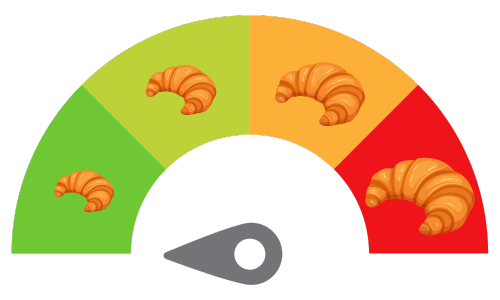
You are a complete beginner in French.
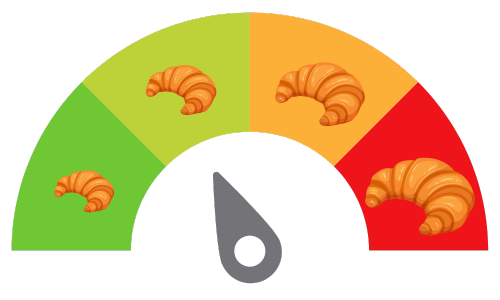
You know basic vocabulary and want to communicate in everyday situations.
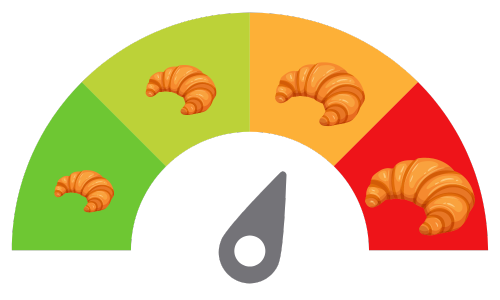
You want to have simple conversations in French and improve your writing.
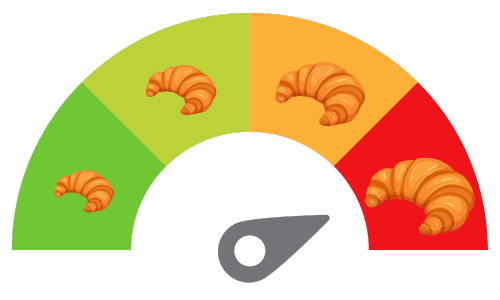
You want to speak more fluently on various topics (society, ecology, education, etc.)
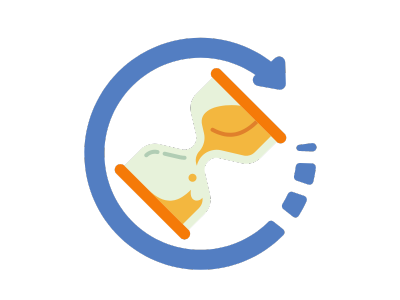
3 hours / week (A2)
1h30 / week (B1/B2)

on Zoom + Pdf of each course

3 – 6 students

videos, podcasts, articles, quizzes 24/7
EXCELLENTTrustindex vérifie que la source originale de l'avis est Google. I would highly recommend French classes with Alice. First of all, they are online, so it is possible no matter where you live, then she is very flexible with the timing and the most important is she is an excellent teacher, with lots of experience, and nice personality. You certainly will improve your French with her. I am a busy mother of twins in my 50's, so I do not have time nor a great desire to learn a new language, at this stage of my life. But I need it because I live in France. I noticed that even with a once a week class, and doing the homework Alice gives, listening to her podcast, I am progressing a lot. I do not panic when I hear French anymore. I certainly will continue with Alice. For the ones who care what kind of French she uses, she is from Paris, so it is standard French. Thank you Alice!Trustindex vérifie que la source originale de l'avis est Google. I’ve been taking private lessons with Alice for a few weeks now. She’s super friendly, kind and the time just flies by during our sessions. She really listens to me and tailors the lessons to my preferences. I can highly recommend her! - Ich nehme seit ein paar Wochen Privatunterricht bei Alice. Sie ist super freundlich, herzlich, und die Zeit vergeht wie im Flug. Sie geht wirklich auf mich ein und passt den Unterricht an meine Wünsche an. Ich kann sie nur wärmstens empfehlen!Trustindex vérifie que la source originale de l'avis est Google. Alice est une très bonne enseignante. Elle nous met à l'aise d'une part, mais elle nous enseigne aussi très efficacement. Je dirais qu'apprendre le français avec elle est agréable et efficace.Trustindex vérifie que la source originale de l'avis est Google. Aprender francês com Alice tem sido uma experiência gratificante. Ela não só tem conhecimento no idioma, mas também tem uma habilidade única para tornar cada lição envolvente e agradável. Alice sempre se esforça para garantir que cada conceito seja claramente compreendido, usando uma variedade de métodos de ensino adaptados a diferentes estilos de aprendizagem. Seja através de exercícios interativos, insights culturais ou feedback personalizado, ela faz com que aprender francês seja acessível a todos. Ao criar um ambiente de aprendizagem favorável onde o aluno se sente confortável cometendo erros e fazendo perguntas, a confiança em falar e compreender francês cresce tremendamente. Professora super recomendada.Trustindex vérifie que la source originale de l'avis est Google. C'est toujours un plaisir de prendre de cours avec Alice. Avec elle j'appris le Français et maintenant j'apprends l'italien. Merci beaucoup pour tes conseils précieux, Alice. : )Trustindex vérifie que la source originale de l'avis est Google. I highly recommend learning French with Alice:) Her online classes were always energetic and easy to understand. It was a small group so we were all able to practice our French very well.Trustindex vérifie que la source originale de l'avis est Google. Trustindex vérifie que la source originale de l'avis est Google. Le cours Masterclass est super intéressant. Le prof Alice met tout les participantS à leur aise et encourage à parler sans peur. Je conseille à tout les intéressés de suivre le cours.expérience ‘Trustindex vérifie que la source originale de l'avis est Google. Alice is a fantastic teacher. Having done French at school (a long time ago!) and used occasionally whilst travelling over the years, I wanted to refresh and improve my French so I can engage more meaningfully with French speakers and spend more time travelling in France during my retirement. Alice is patient, kind and good humoured, She explains things very well. When I struggle she always has a way to make sure I understand and gives me confidence. I have virtual lessons with her and have also had the pleasure of face to face lessons whilst in Lyon. With Alice's newsletters, podcasts and lessons I am continually learning and improving and will be talking like a local come my retirement! I can highly recommend the lovely Alice.Trustindex vérifie que la source originale de l'avis est Google. Alice est une excellente professeure. Elle adapte sa méthodologie en fonction de vos besoins. Elle enseigne la langue ainsi que la culture française. C’est pourquoi les cours sont très intéressants et riches. Je n'ai jamais compris comment le temps passait. Je recommande également sa newsletter et ses podcasts👍🏻
With me, no
More seriously, if you already speak a Latin language (Italian, Portuguese, Spanish) or even English, you’ll find a lot of similarities with French.
My aim is for you to speak like the French, not like in books (with all the useless exceptions that the French don’t even know about).
If you have the motivation, a good method to follow and practice speaking French, you’ll learn French quickly and easily, I promise!
Here are the different language levels defined by the CEFR:
A1 – You are discovering French
You can understand and use familiar and everyday expressions in very simple sentences to satisfy concrete needs.
A2 – You understand simple messages
You can understand isolated sentences and expressions in relation to your immediate environment: family, work, school. You can talk about familiar topics.
B1 – You can communicate in a French-speaking environment
You can understand the main points of a message when clear, standard language is used. You can communicate in most situations encountered while traveling. You can tell about an event, an experience.
B2 – You communicate easily in French
You can understand the essential content of complex messages on concrete or abstract subjects. You communicate easily with a native speaker and express yourself clearly and in detail on a wide variety of subjects.
C1 – You communicate with ease and spontaneity
You can understand a wide variety of long and demanding texts. You communicate easily on complex subjects without searching for your words in various contexts: social, professional or academic life.
C2 – You are bilingual in French
You can effortlessly understand almost everything you read or hear. You can summarize and rephrase facts and arguments from various written and oral sources. You express yourself spontaneously and understand the nuances of the language.
If you have any doubts and want to assess your level with me, you can book a call with me.
Classes take place on the ZOOM platform and are recorded so you can watch them over and over again.
Classes are organized around practical exercises, role plays, pair work and independent practice.
Online French lessons focus on oral practice of the language with review of vocabulary, grammar and pronunciation.
You have access, 24/7, to an educational platform to prepare you for the course (videos, podcasts, online exercises) and to be in permanent contact with the French language.
YES 😀 I get ALL the students talking! This is why group classes are limited to 6 people.
The live online lessons with me are entirely devoted to oral practice of the language and take place in a caring and warm atmosphere.
My goal is to allow you to communicate in French quickly, easily and with complete confidence.
If you have variable schedules due to your work or studies, I advise you to take private lessons: you will be more flexible and you will be able to cancel and postpone the lessons (cancellation must be made at least 24 hours in advance).
If you think you will only miss 1 or 2 classes, you can take the classes in a group and watch the recording of the classes when you are available.
The online course costs €600 for level A2 and €360 for level B1+/B2, for a total duration of 3 months.
It is possible to pay in 3 installments (3 installments of €120 (B1+/B2) or €200 (A2)).
Payment is made securely by SEPA bank transfer (tax-free in Europe), Wise or PayPal (+20 €).
Even if, in everyday life, I prefer physical contact to virtual contact, I chose to give online courses because they offer many advantages to students:
© 2025 Alice Academy
N°SIRET: 81113769400014